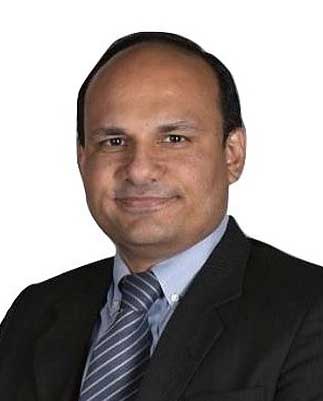As you may well imagine, this is not an easy question to answer for two main reasons: First, it depends on the views of many diverse paradigms; and secondly, the purpose is dynamic in response to a changing world.
The overall purpose of education, however, seems to be to prepare people both subjectively and objectively to function responsibly in their community, society and ultimately the world.
To this end a number of educational philosophies has been promulgated and which has been tried with varying success.
Philosophies: The four major educational philosophies remain – Perennialism, Essentialism, Progressivism, Reconstructionism/Critical Theory.
While Eclecticism and Existentialism may not be well recognized, some of the ideas contained therein have been intricately merged into some or all of the major philosophies in experimental approaches with limited success it would appear.
There is much to be said for each of the philosophies. Perennialism is very theoretically oriented and seems to promote a deeper classical education, based primarily on western civilization. This version is not considered to lend itself to the practical needs of the general public.
Essentialism as the very word suggests holds that there is a common core of knowledge that needs to be transmitted to students in a systematic, disciplined fashion. The emphasis in this conservative reach is on intellectual and moral standards that schools should teach to enable people to lead a life beneficial to both themselves and to society as a whole. Doesn’t sound too bad, does it?
Progressivism takes a different fork in the road. According to the advocates of this principle, since nothing is constant in our world, students should be afforded the opportunity to test ideas by active experiments. It would constitute more a question and search for answers approach through scientific methods. One of the tenets of Progressivism is that the school should improve the way of life of citizens through experiencing freedom and democracy in schools, whereby shared decision making, planning of teachers with students, student-selected topics are all aspects and where books are treated as tools, rather than authority. That could create difficulties i a public school system.
Reconstructionism/Critical Theory is to be better considered as Social Reconstruction was suggests that there is something drastically defective in our current social system. This philosophy, hereinafter referred to as the Critical Theory has recently gained prominence among some Americans.
The object of the Critical Theory is to address existing social ills with a view to creating a better society that would focus on real problems such as violence, hunger, international terrorism, inflation, and inequality. Strategies for dealing with controversial issues (particularly in social studies and literature), inquiry, dialogue, and multiple perspectives are the focus. Community-based learning and bringing the world into the classroom are considered important strategies.
Eclecticism is interesting in that it does not attach itself to any one single paradigm. It feels deigns those multiples theories, assumptions, styles and ideas need to employed to gain complimentary insight a subject; and those different approaches and theories would need to be used in particular cases.
Existentialism claims that man is nothing beyond what he makes of himself (A.S.Neill). To put it in a nutshell, the general feeling is that a child will and should remain a child until it is time for that child to become an adult, and that when such time arrives, adulthood will take over and the adult will do what is required of his existence.
While Existentialist thinkers, including Nietzsche and Sartre disagreed on many issues, the one belief that shared was the need for individualism, especially the unique concern for each individual. The problem with the Existentialist approach is that it is difficult to fit into the natural operation of things in that it rejects Objectivism somewhat but not completely; it rejects all authoritative truth about things like metaphysics, epistemology, and ethics.
Existentialism sees terms like ‘true’, ‘false’, ‘wrong’, ‘right’, ‘just’, ‘unjust’ as well as ‘beautiful’ or ‘ugly’ as completely subjective. To the Existentialist, there can be no universal form of human nature.
In my opinion, all the theories expounded above have their own merits. I see education as being formulated to meet the changing needs of society, wherein education and practical training in multiple areas would need to be designed with the ultimate goal of creating a better world.
Sign in
Welcome! Log into your account
Forgot your password? Get help
Password recovery
Recover your password
A password will be e-mailed to you.






